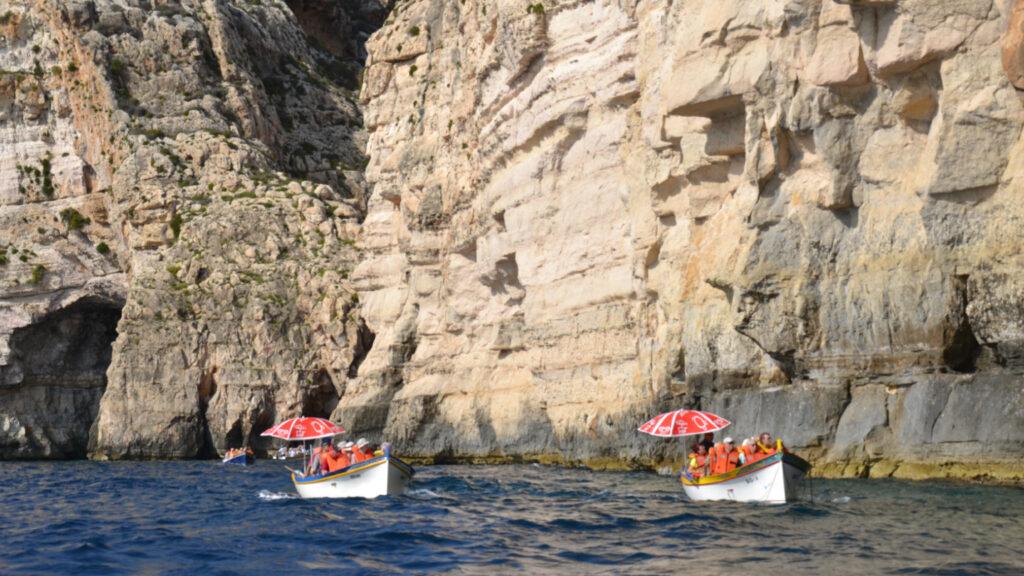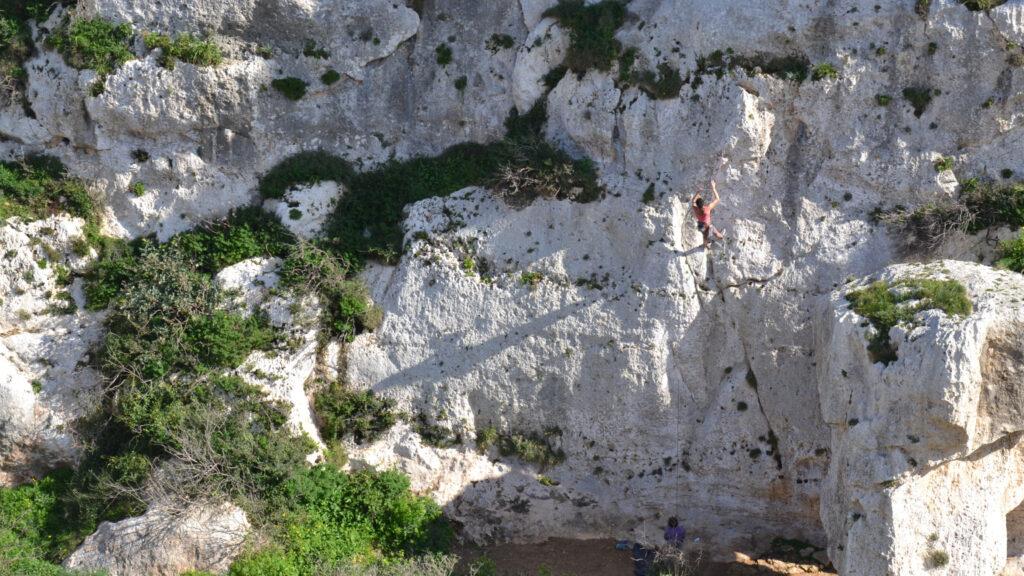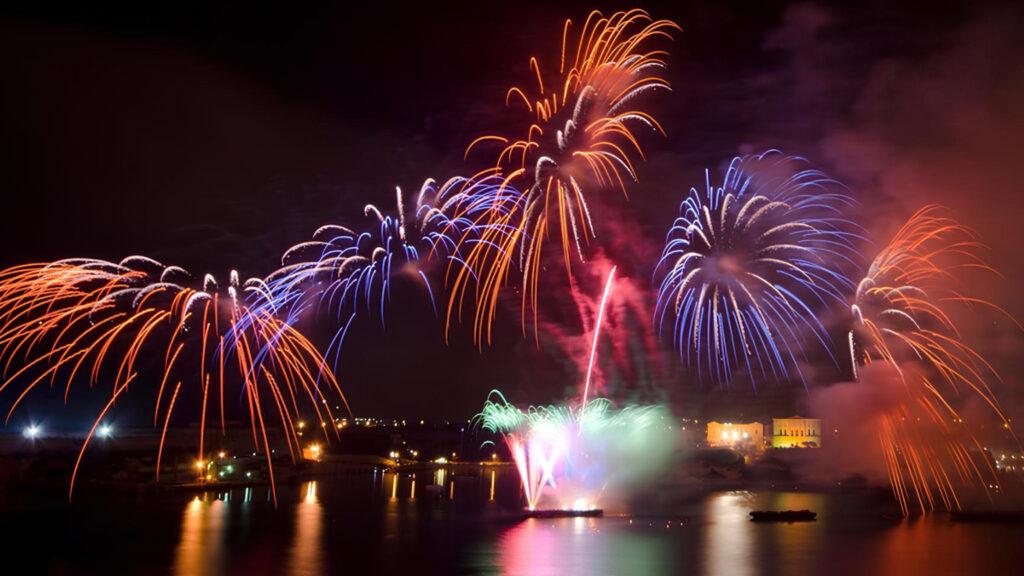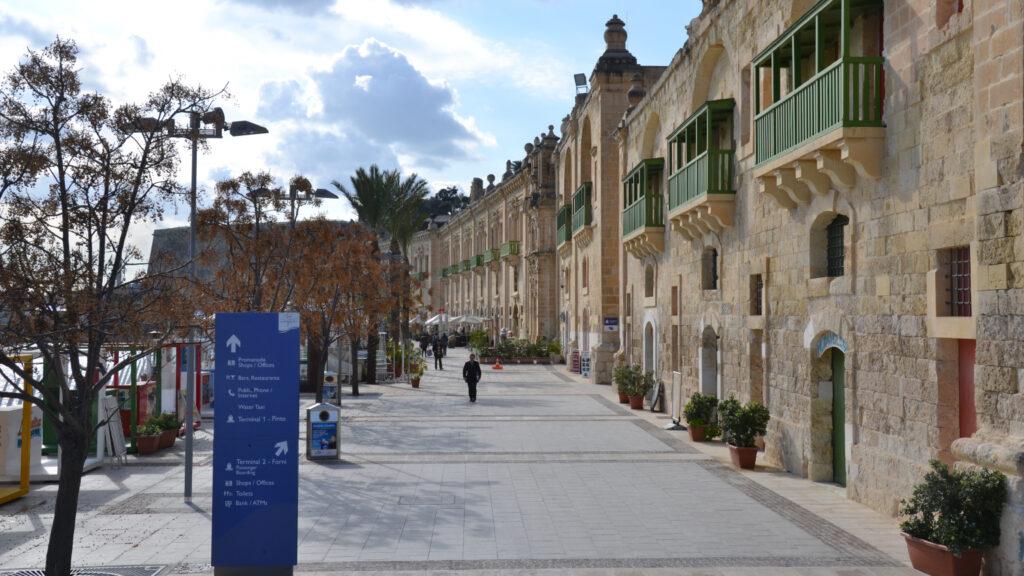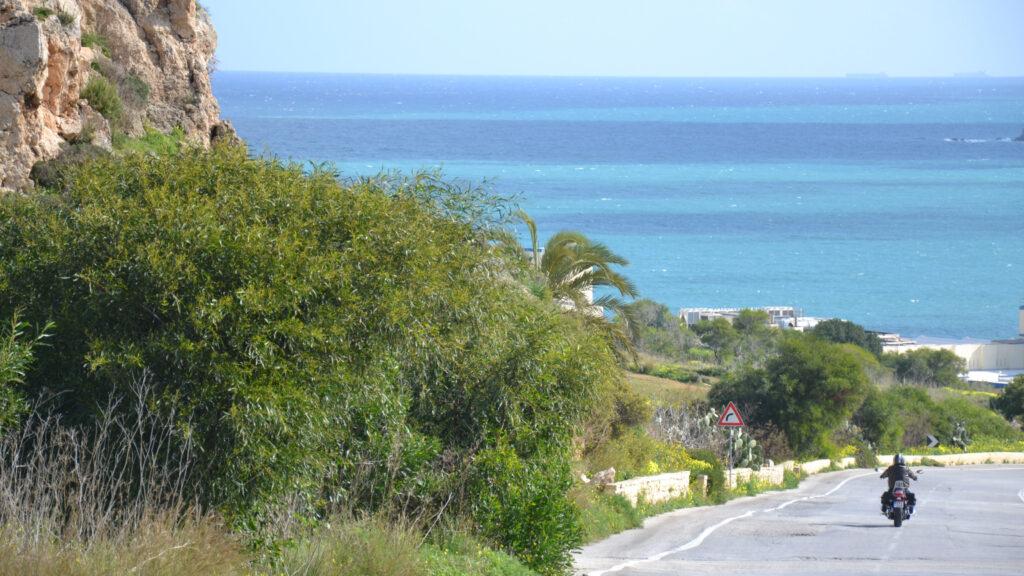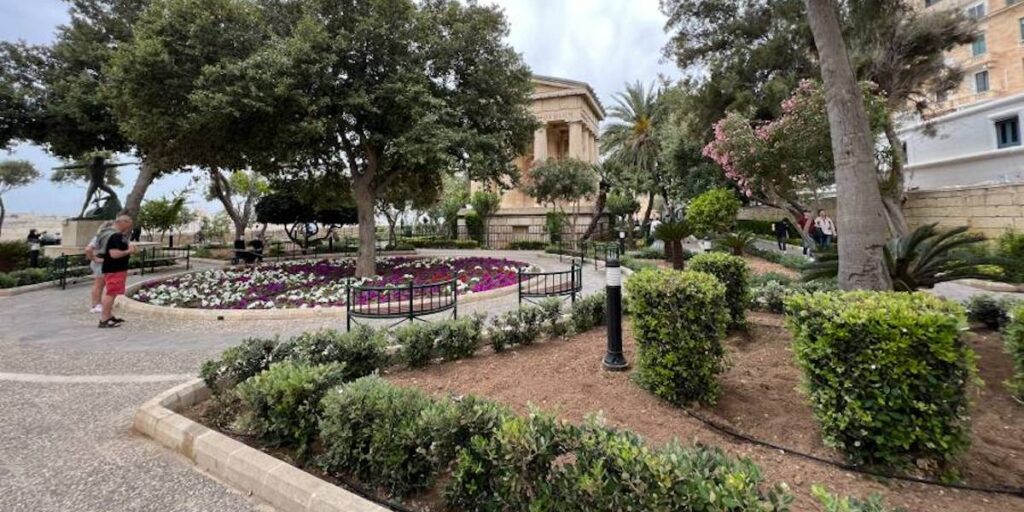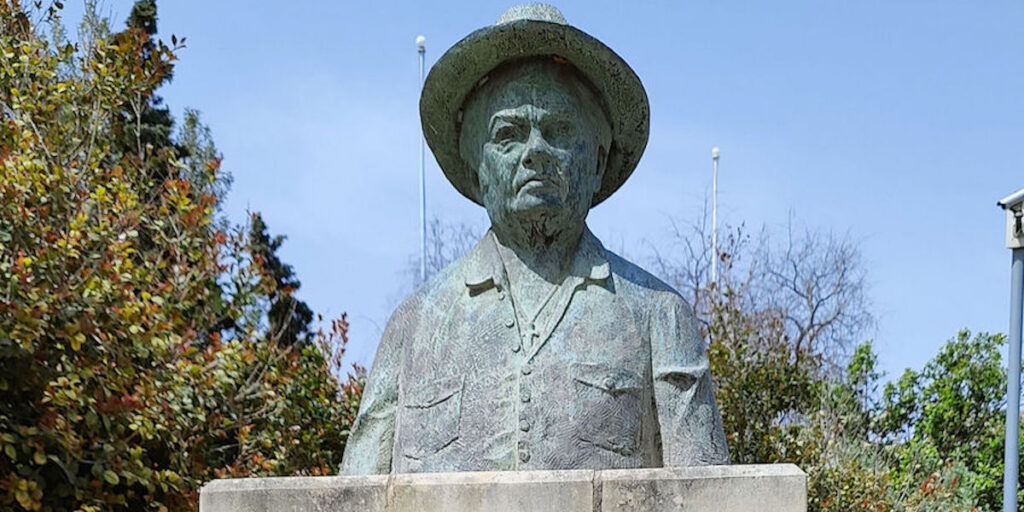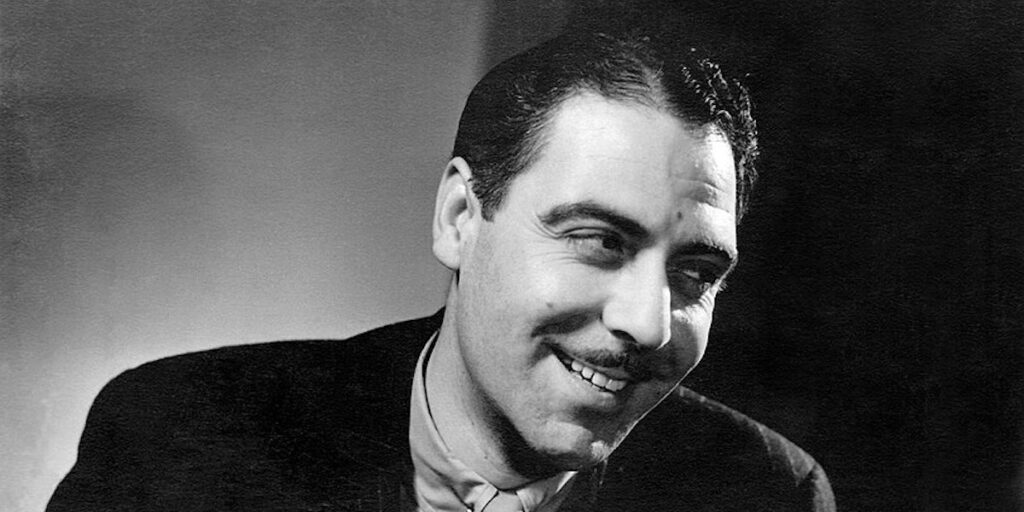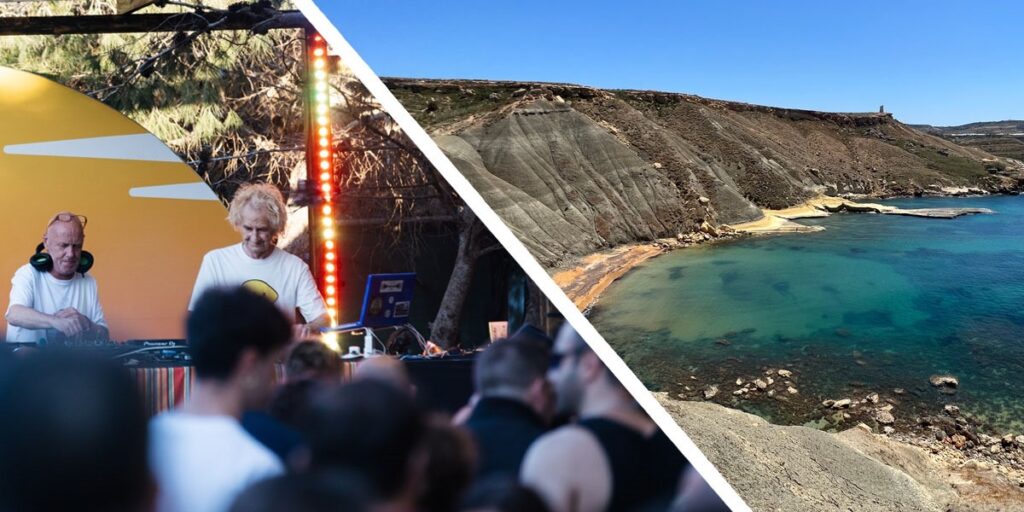Malta has always been an attraction for those who want to see something different and unique.
Its location made it a pit-stop for many travelers, especially in times that predated air travel.
There is a long list of great minds that have touched base with the islands. Some have even impacted the popular consciousness to this day. Here are some of the most famous 19th century writers who spent time in Malta.
Samuel Taylor Coleridge (1772-1834)
The first on our list of famous writers in Malta is Samuel Taylor Coleridge. In 1804, after leaving his wife and wanting to take a break from England, Coleridge came to Malta, where he stayed in Old Bakery Street in Valletta. He worked as a civil servant under the first British governor Sir Alexander Ball, which apparently wasn’t something he enjoyed doing at all, according to literature scholar Professor Peter Vassallo. A funny note of trivia regarding Coleridge was that he noted that the Maltese were a very noisy population; which is perhaps true of Malta and its many neighboring populations! Coleridge left Malta in 1806.

Lord Byron (1788-1824)
Probably one of the more sung heroes of the 19th century, Lord Byron lived a life full of drama
and bravado that gave him celebrity status. During his stay on the island he resided in the same spot as the contemporary romantic poet Coleridge. He lived in Malta for around two years, continued his Mediterranean tour, and returned in 1811. On his return he had to quarantine after traveling the East. He left his signature etched in the wall of one of the main quarantine halls on Manoel island. Unfortunately this was stolen in the recent decades.
Gustave Flaubert (1821-1880)
Another one of the world famous writers who resided in Malta was Flaubert. Flaubert was a French writer who challenged the world of censorship and was a driving force in the transition from what the Victorian vein of literature (such as Charles Dickens and the Brontë sisters) to the Modernist era of literature (such as Joseph Conrad, then Virgina Woolf and Hemingway). He only stayed in Malta for a few days and left for Greece afterwards.
In his stay it seems that he was already developing his fascination with the orient through his
experience in Malta, and he described the city streets as being endowed with ‘English
cleanliness combined with something Oriental”. Apparently Flaubert and his writer friend
Maxime Du Camp stayed in the Mediterranean Hotel in St. Lucy Street (a side street of St.
Paul’s street).
Jules Verne (1828-1905)
One of the earlier writers associated with science-fiction, Jules Verne eventually reached world
fame not only because of his writing but also because of his visionary imagination. The writer of
works such as Around the World in Eighty Days, Journey to the Centre of the Earth, and Twenty
Thousand Leagues Under the Sea, his legacy is of great proportion. Adaptations and
interpretations of his works exist all over the 20th century.

He came to Malta twice with his own yacht. On his first visit allegedly described
the harbour as being the “finest in the world, surpassing everything one can imagine”, which is
quite a compliment coming from such an imaginative mind! At the same time, like Coleridge, Verne notes the loudness nature of the Maltese, as he writes in his book Mathias Sandorf the characters find themselves “in the midst of the noisiest population in the world”.
Mostly Known for Around the World in Eighty Days (1873).
All images were cropped.
Title Image Attribution: Abraham-Louis-Rodolphe Ducros (Moudon, 1748 – Lausanne, 1810), Swiss engraver and water-colourist, Public domain, via Wikimedia Commons. {{PD-US-expired}}









